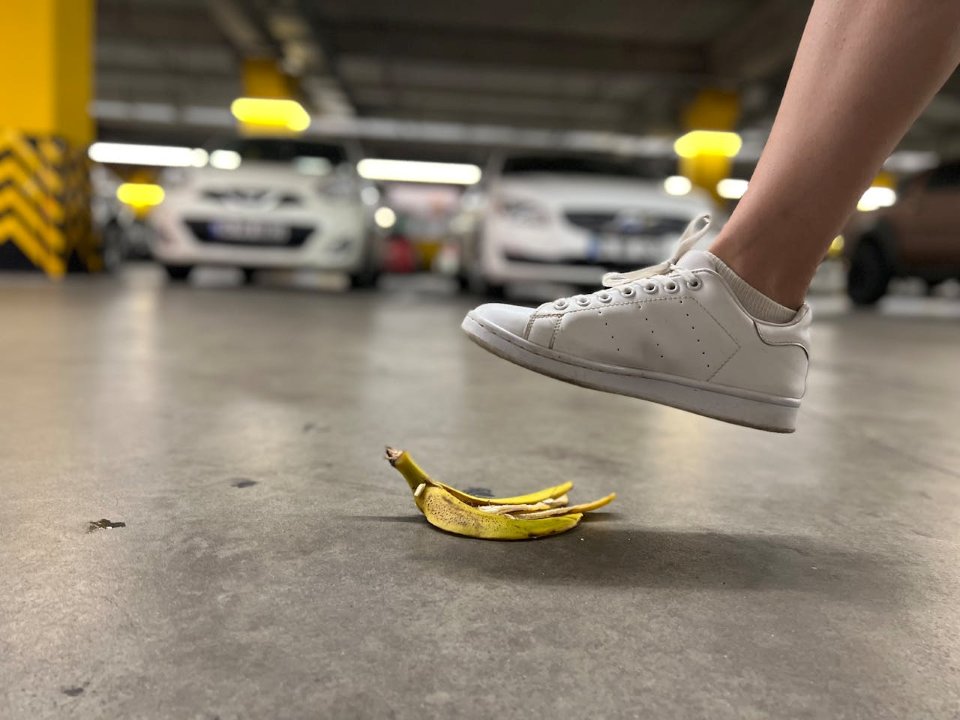Importance of Website Speed in 2025: The Quickest Ways to Speed Up Your Site
If your website takes forever to load, people won’t wait—they’ll leave. And guess what? So will Google.
Site speed isn’t just about user experience; it’s a direct ranking factor.
A slow site tanks conversions, kills engagement, and makes improving search engine ranking way harder than it needs to be.
So, let’s fix that.
1. Compress and Optimize Your Images
Huge, uncompressed images slow everything down.
Before uploading, resize them and use tools like TinyPNG or ImageOptim to compress them without ruining quality.
If your site has a ton of images, consider lazy loading—so they only load when needed, not all at once.
2. Use a Fast, Reliable Hosting Service
If you’re running a serious website, don’t cheap out on hosting. A sluggish server will make your site crawl.
Upgrade to a good web host, ideally one with SSD storage, a CDN (Content Delivery Network), and caching built-in.
If your hosting plan still runs on shared servers, it might be time to switch to VPS or cloud hosting.
3. Minimize Unnecessary Plugins and Scripts
Every extra plugin or script adds load time. If your site is drowning in unnecessary add-ons, clean house.
Keep only what you need, ditch the rest. Also, minify CSS, JavaScript, and HTML files—basically, strip out the excess to make your site run leaner and faster.
4. Enable Browser Caching
When someone visits your site, their browser downloads a bunch of files. If caching is off, they have to do it all over again every time they return.
Turn on browser caching so returning visitors get a much faster experience. If you’re on WordPress, caching plugins like WP Rocket or W3 Total Cache make this easy.
5. Fix Redirects and Broken Links
Too many redirects? That’s extra load time. Broken links? Bad for SEO.
Use tools like Screaming Frog or Google Search Console to find and fix them. The fewer unnecessary requests your site makes, the faster it loads.
Final Thought: Speed Up or Fall Behind
Website speed isn’t optional—it’s a dealbreaker.
A slow site frustrates visitors, kills conversions, and makes it harder to improve search engine ranking.
But the fixes? They’re simple.
Compress images, upgrade hosting, clean up your plugins, enable caching, and fix broken links. Do this, and your site won’t just be faster—it’ll be better.
Now, go make it happen.




